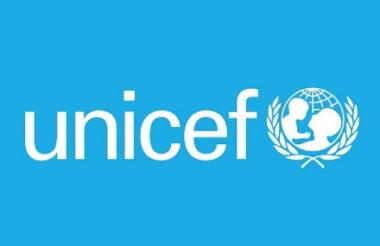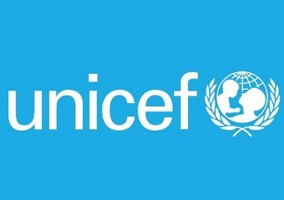Unicef UK’s income rose by £8m to £109.4m in 2020 despite a year of “organisational upheaval”, the charity has reported.
The charity’s annual accounts for the year ending December 2020 include £15m raised through its coronavirus crisis appeal launched in May 2020.
They also report that Unicef UK attracted around 90,000 new regular givers during 2020.
The accounts include a pledge to implement “important work on strengthening our values and culture”, after both the chief executive, Sacha Deshmukh, and the chair of trustees, Danny Alexander, left the charity in 2020.
An independent review of allegations that Alexander had bullied Deshmukh found that the claims “have not been substantiated”.
Fundraising rose
Unicef UK’s total income was £109.4m in the year to December 2020, up from £101.4m in 2019.
Its spending rose a similar amount during the same period, from £100.5m to £109.3m.
Regular giving by the public accounted for £37m of Unicef UK’s income. The charity said that it had attracted 93,000 new supporters during the year, compared with 65,000 new regular givers in 2019.
The annual Soccer Aid fundraising event, held in September without a live audience because of lockdown restrictions, raised a record £9.3m.
Corporate partnerships were worth £21.9m, up a third compared with 2019.
The coronavirus crisis appeal, run by Unicef worldwide, raised £15m in UK donations.
Unicef UK received 609 complaints about fundraising and subscription products in 2020. This is 9% more than the number of fundraising complaints recorded in 2019.
The charity also processed 38 requests to end communication with members of the public made through the Fundraising Preference Service.
Allegations and departures
Sacha Deshmukh left Unicef UK in September 2020, amid claims that the board had not acted on allegations about bullying made against Douglas Alexander, the chair of trustees.
Alexander, who had been the secretary of state for international development under the last Labour government, left his role at Unicef UK later the same month. Alexander has always denied all allegations against him.
An independent review, conducted by the law firm Morgan Lewis & Bockius, said that four members of Unicef staff including Deshmukh raised concerns about Alexander’s behaviour between 2018 and 2020, but concluded that his conduct did “not amount to bullying”.
The accounts show that there the charity made no redundancy or termination payments in 2020.
The number of staff fell a small amount, from 358 to 351. The organisation claimed £404,000 through the government’s furlough scheme, but does not disclose how many of its employees were furloughed during the year.
Emerging from ‘a difficult period’
Writing in the introduction to the annual accounts, Shatish Dasani, chair, said: “The fundraising and campaign success of Unicef UK were all the more remarkable in the context of organisational upheaval caused by the resignations of both the chair and the executive director in September 2020.
“Drawing on the dedication, hard work and focused effort of all staff, the executive team and trustees, we have emerged from this difficult period with a determination to draw lessons from the experience, and make lasting improvements to the processes, policies and culture of the organisation.”
Related news












